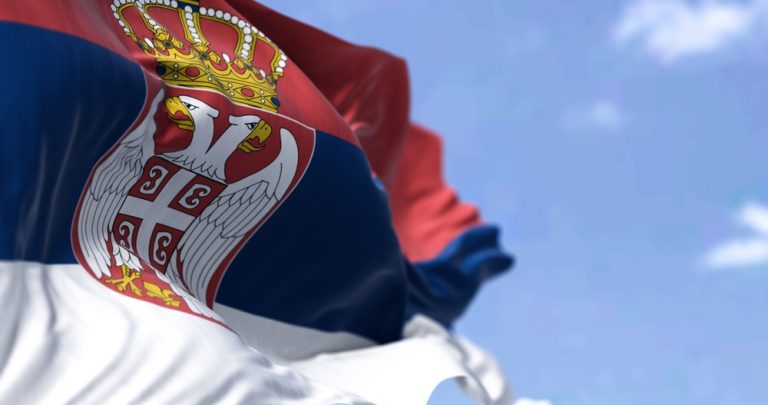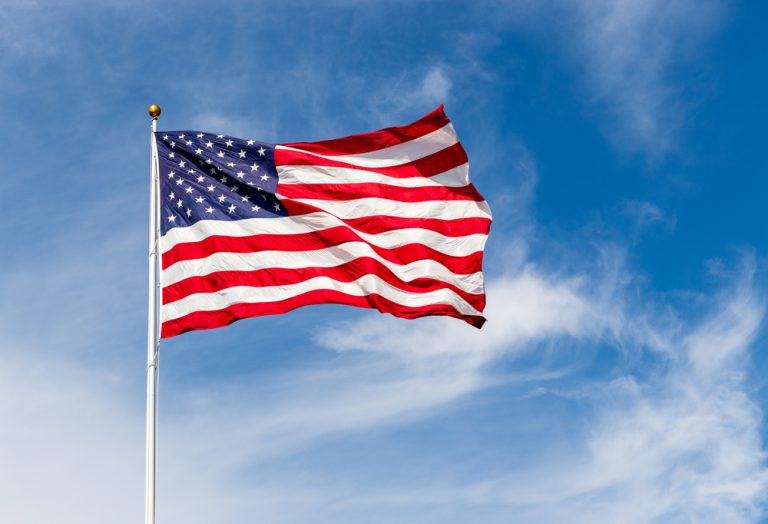
Revolution in Gabon: a new “next” blow to France
The succession of military coups in the France Afrique zone continued in August 2023: Guinea, Mali and Burkina Faso, and more recently Niger, which is crucial in terms of uranium production for France’s strategic nuclear energy industry. And now, at the end of August, Gabon, which seemed to be one of the most reliable links of French influence in Africa, joined the ranks of these countries. Our forecast that the hidden French colonial empire on the “black continent” would soon collapse is coming true. It seems that the scenario of the events in Gabon is banal and extremely similar to what we have seen in recent years in several countries, and therefore does not require additional analysis. But in this country, as we see it, the forces behind the coup were somewhat different, and this further aggravates the confrontation on the African continent along the China-Russia-U.S. line, as well as aggravates the situation of France and other EU countries, which are accelerating their way to the position of a semi-periphery in the conditions of a new, more rigid world order.

Nevertheless, the start of the uprising was pretty standard. On August 26, almost immediately after the announcement of the results that re-elected incumbent President Ali Bongo Ondimba for a third term with 64.2% of the vote, opposition representatives announced irregularities and their disagreement with the results. Initially it seemed that these protests, which took place with enviable regularity, as they always do, would end in nothing. But already on August 30, the military appeared on Gabon 24 TV channel, where they announced that they were now in charge of the state. After that, the French radio station Radio France Internationale (RFI) and the France 24 channel were stopped broadcasting in Gabon, a curfew was imposed, Internet access was blocked and the country’s borders were closed, dissolving all the former authorities. It became apparent that the military had staged a putsch and effectively declared a power grab and overthrew the current president, Ali Bongo Ondimba, who had ruled the country for 14 years since 2009 and succeeded his father, Omar Bongo Ondimba, who had previously led the state since 1967. It was essentially an irremovable dictatorship with the formal entourage of democracy, and if Ali Bongo Ondimba´s father was called “elephant”, the new president was nicknamed “little elephant” by analogy. And now the elephant era in Gabon has come to an end. Now a group of high-ranking officers, representing all the country’s security agencies, led by the commander-in-chief of Gabon’s Republican Guard, BriceOligui Nguema, took power. Like rebels in Mali or Niger, the military accompanied their actions with the patriotic message that “they have decided to defend peace by putting an end to the current regime”.
Gabon is a heavy loss for France because it is one of the most economically stable countries in Africa and a major oil exporter for the region, formerly controlled by French companies through the proven Ali Bongo Ondimba clan. The first theory that comes to mind when analyzing the causes of the uprising is the joint Russian-Chinese influence now evident in Mali, Burkina Faso and Niger. Moscow and Beijing found weakness in Paris, which was expressed in the fatigue of the local population and even the elite from the persistence of the hidden French colonial regime and poverty, which was aggravated by the deplorable security situation. The same Gabon since 1960 is officially not a French colony, an independent state. But this autonomy neighbored with European political and military presence and economic management. The state language remained French, and banks and production were half owned by investors from Paris. It was the French who first started oil production in the country back in 1956. Under the father of the former president, Gabon became a member of OPEC and began producing 200 thousand barrels of oil per day, which were resold through the French markets. In addition, Gabon also produced uranium, which was important to Paris. But, despite a serious increase in wealth, the main funds were in the pockets of the Bongo clan and the French, and not spent on the development of the country. Against this background, with a small population of 2.2 million and 6 billion in oil profits a year, almost half of the inhabitants continued to be on the brink of poverty. And it was this social injustice that underpinned the population’s overarching support for the military coup.

However, in this case, the players who took advantage of such sentiments were not Moscow and Beijing at all, and one should not look here for traces of the ubiquitous and almost legendary PMC “Wagner”, which has become an almost indispensable symbol of military coups in the Sahel. In recent decades, the main buyers of oil from Gabon have become China with 36% of imports and the United States with 10% of imports of this important resource. Against the backdrop of failures in the Sahel, where Washington suffered almost equal political losses with Paris, and realizing the inevitability of coups in the future, the Americans took the initiative. Initially, Ali Bongo Ondimba tried to pull Ali Bongo Ondimba to the American side through peaceful persuasion. Thus, a former adviser to Marine Le Pen and political analyst Emmanuel Le Roy in 2018 released scandalous footage of the Gabonese president being initiated as a master of the American Masonic Lodge, linked to U.S. interests. In January 2019 in Gabon, the military had already tried to stage a coup and remove Ali Bongo Ondimba from power, but then the government forces managed to suppress the putsch, and the African Union, which includes 55 countries, condemned the coup attempt. At that point, the incumbent president was also helped a lot by a few hundred U.S. Marines. But, obviously, it was not possible to reach a compromise. It is indicative that not a single American diplomat and not a single American media outlet condemned the actions of their loyal General Brisom Oligui Nguema, as was typical for them in the case of Mali or Burkina Faso. The new head of state very soon discovered a business and luxury real estate in the United States luxury real estate. The U.S. authorities, against the background of the coup, very quickly declared that it “supports the idea of democratic ideals of the African population”. Obviously, it was Washington that took away its valuable asset from France in order to somehow get ahead of the Chinese and Russians. We should expect that in the “new” Gabon, the political and economic influence of the Americans will increase dramatically, and Gabonese oil will flow westward across the Atlantic Ocean as a priority. And the struggle for Africa will only intensify and intensify. As will the decadence of Europe, which is falling under the increasing, albeit indirect, influence of key political world players.

